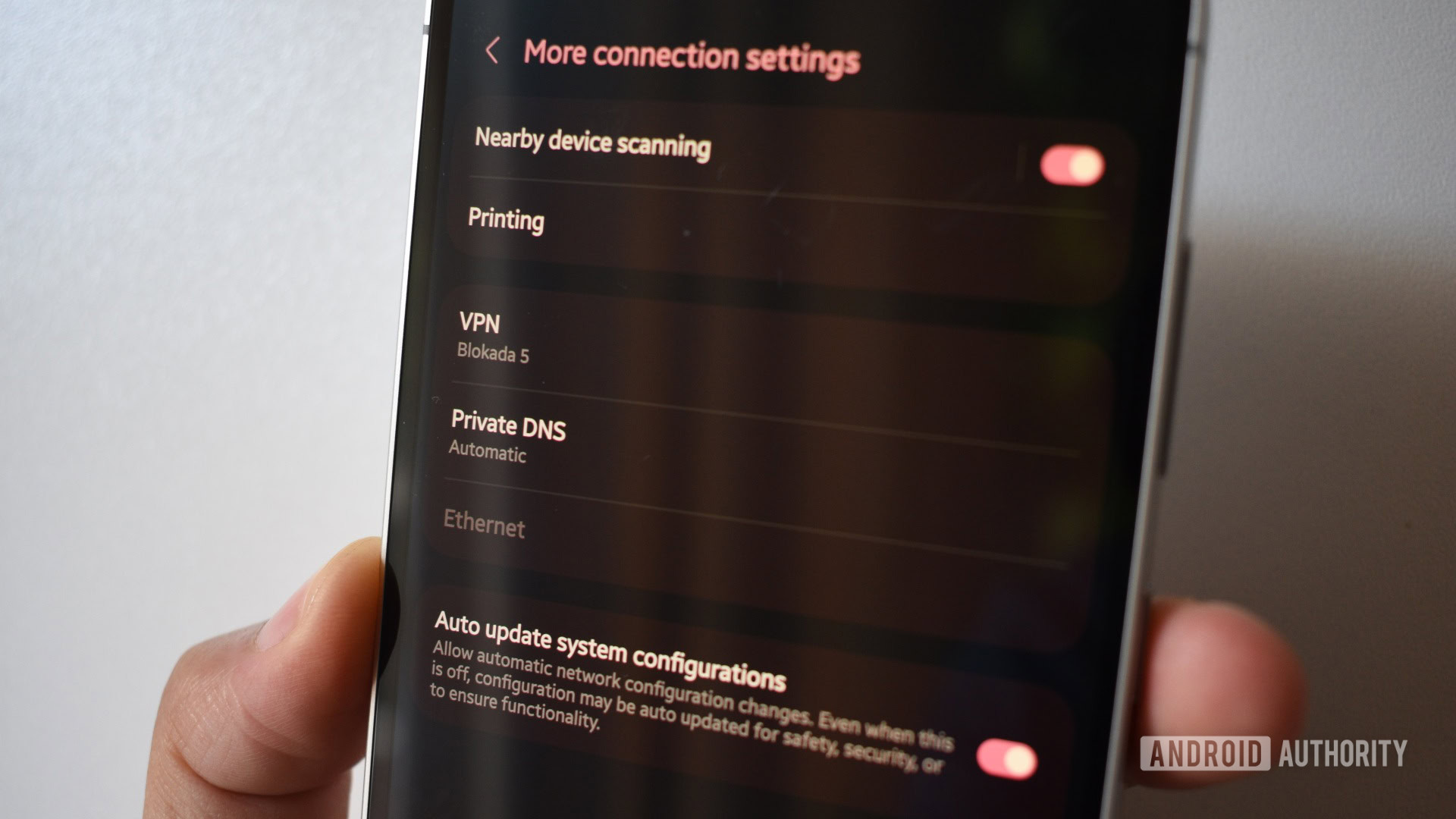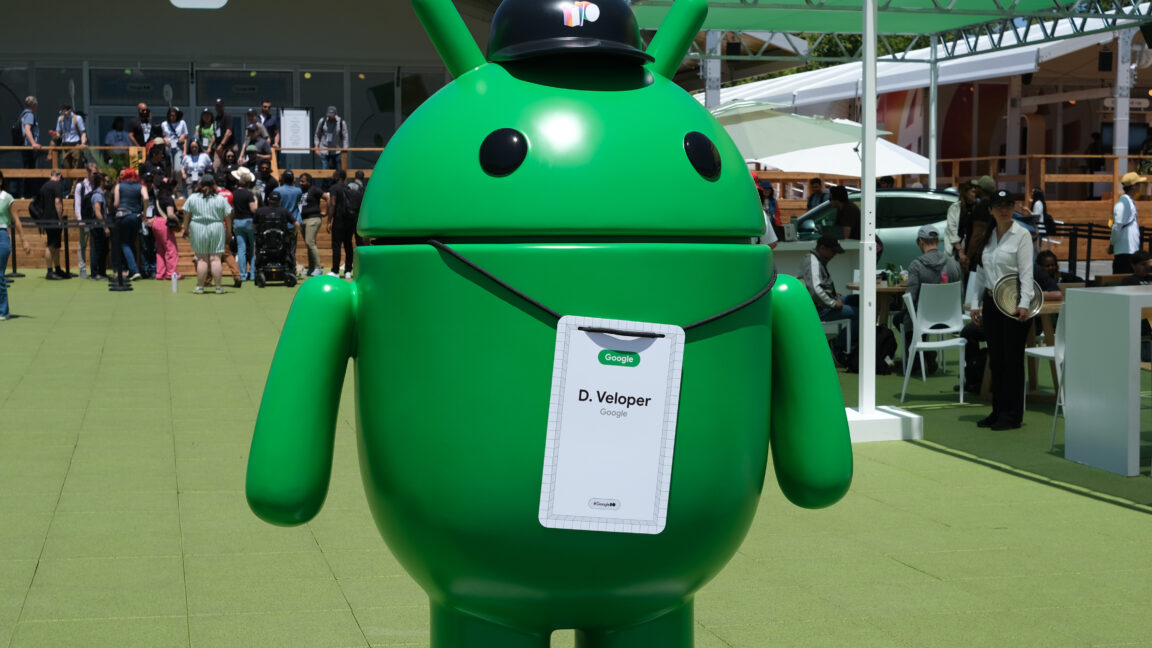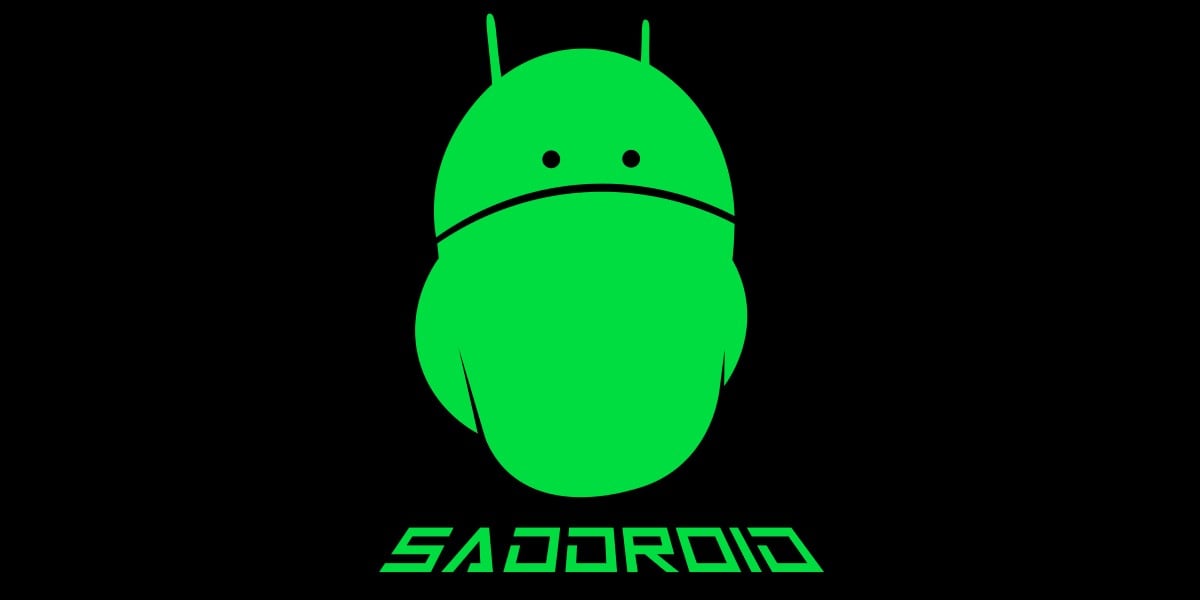#android
#android
[ follow ]
#privacy #google #productivity #private-dns #power-settings #always-on-display #storage-management #battery-life
fromEngadget
3 days agoGoogle I/O 2026 is set for May 19 and 20
As has been the case for several years, Google revealed the conference's dates for 2026 after enough folks completed a puzzle on the I/O website. This year's puzzle has multiple "builds" to play through, all of which use Gemini. They start with a mini-golf game in which a virtual caddy that's powered by Gemini offers some of the most anodyne advice imaginable.
Artificial intelligence
fromZDNET
1 week agoHow to write Linux bash scripts on your Android - and why you'd want to
Bash scripts are a great way to automate all sorts of repetitive tasks -- you can run backups, clear temporary files/logs, rename or batch-rename files, install or update software, and much more. Although writing such scripts isn't nearly as hard as you might think, it does take some time to learn the ins and outs of bash scripting. Also: 6 hidden Android features that are seriously useful (and how they made my life easier) Good news: If you have an Android device, you can enable the Linux terminal, which means you can create or practice your bash scripting on the go.
Software development
fromComputerworld
2 weeks ago22 handy hidden tricks for Google Calendar on Android
All you've gotta do is tap on any open space in that part of the Android Calendar app, and you'll see an event creation box right then and there: Also worth noting: The same tricks we went over a second ago for sliding around or extending your event's time will work in this context, too, once you've brought that box into focus.
Gadgets
fromTechRepublic
3 weeks agoAndroid Phones Get AI-Powered Anti-Theft Features - TechRepublic
"Phone theft is more than just losing a device; it's a form of financial fraud that can leave you suddenly vulnerable to personal data and financial theft. That's why we're committed to providing multi-layered defenses that help protect you before, during, and after a theft attempt," said Google in the announcement. Your phone now fights back when stolen The most impressive upgrade targets the moment of theft itself. Android 's enhanced Failed Authentication Lock now includes stronger penalties for wrong password attempts, extending lockout periods to frustrate thieves trying to crack your device.
Information security
fromZDNET
1 month agoI ditched Google Chrome for a free local browser on my Pixel, and I'd happily pay a premium for it
On those rare occasions when I use AI, I always opt for a local version. Most often, that comes in the form of Ollama installed on a desktop or laptop. I've been leery of using cloud-based AI for some time now for several reasons: It consumes vast amounts of energy. There's no way to be certain it honors privacy claims. I don't want any of my queries or data to be used for training LLMs.
Mobile UX
fromComputerworld
1 month agoA phenomenal new Android calendar power-up
Lately, I've tried more overhyped, overly ambitious apps than I can even remember - all of 'em with lofty promises of completely changing my life and/or the way I get stuff done. Spoiler alert: None of those has lived up to that promise or really even stuck as something I'm still actively using in any significant way, as of this current moment.
Mobile UX
fromComputerworld
1 month agoAn instant Android search upgrade
Sometimes, you stumble onto a digital discovery of some sort and need a touch of time to wrap your head around if or how it could help you. Other times, you slap something new onto your favorite phone and instantly realize your life has been upgraded. Today, my friend and fellow holiday-hibernation waker, we've got a treasure of the latter variety to feast on for the start of 2026.
Gadgets
fromZDNET
1 month agoMy favorite contact apps for every platform - including one I built with AI
When was the last time you opened your contact app? Do you even bother with it? If you use email, chances are you also use your contact app -- perhaps without realizing it. However, not all contact apps are created equal. Some contact apps are very basic, while others are overly complicated. And then there's the sweet spot -- those apps with just the right number of features wrapped up in a well-designed GUI. Are you ready for this? Let's get connected.
Mobile UX
fromZDNET
1 month agoThis handheld e-reader has effectively replaced my Kindle, and it's priced well
As an avid book lover, I'm a sucker for a great e-reader. Yet many of these devices are way too limited to really become a companion device. This is why I loved the TCL Nxtpaper tablet so much; however, the new DuRobo Krono is here to address that tablet's single downfall: it's a pocket e-reader and productivity device that is finally available for preorder.
Tech industry
fromGadgets 360
2 months agoTomb Raider Is Coming to iOS and Android Next Year
Tomb Raider, Crystal Dynamics' Lara Craft reboot that released on PC and consoles in 2013, is coming to mobile devices next year. The action-adventure game, which serves as the first entry in Crystal Dynamics' reboot trilogy of Tomb Raider titles, will launch on iOS and Android on February 12, 2026. The mobile port is developed by Feral Interactive, which also brought Lara Croft and the Guardian of Light to iOS earlier this year.
Video games
fromThe Verge
2 months agoApple TV adds Google Cast streaming, but only on Android
Now it will be easier for Android users to watch Apple TV content on their TV with the addition of Google Cast support. However, even after this update, Google Cast is only an option on the Android version of Apple TV, not the iOS version. Likewise, the Android version still doesn't support AirPlay. The addition of Google Cast adds a core feature that's been missing from the Android version of Apple's streaming app since it launched earlier this year.
Apple
fromZDNET
2 months agoHow to use the new Linux terminal on your Android device - it's easy
Little did I know that Google would use the Android Virtualization Framework (AVF) to run a local virtual machine powered by Debian to give users access to a lot of powerful commands, even a package manager, and I am 100% on board with the addition. Also: 6 hidden Android features that are seriously useful (and how they made my life easier) With the Linux terminal on Android, you can do so much more (assuming you are comfortable with the Linux command line).
Gadgets
fromGSMArena.com
2 months agoAndroid gets the ability to share live video with emergency services
Google has announced a new feature called Android Emergency Live Video, and it's pretty much what you'd assume it would be based on the name - the ability to share live video with emergency services. And it works "in a single tap" too, because in an emergency every second counts.
Mobile UX
fromTechCrunch
2 months agoYou can now share live video with emergency services on Android | TechCrunch
Google launched Android Emergency Live Video on Wednesday, which allows people to stream video when contacting emergency responders. This feature could help give first responders extra context in circumstances like car accidents, fires, or medical crises. There's no setup required to use this feature. Instead, during an emergency call or text, a dispatcher can send a request to your device. Then, you can opt into sharing your camera's live video, which is encrypted and can be stopped at your discretion.
Gadgets
fromGSMArena.com
2 months agoOpera for Android gets new AI upgrades
Next is the ability to attach files in the new search bar for AI to translate, summarize, or explain. This includes support for PDFs and images. To attach a file, open the Ask AI interface, tap the "+" icon, and select a document or photo from your Android device. You can also click a picture with the device's camera and upload it directly.
Mobile UX
fromSearch Engine Roundtable
2 months agoGoogle Discover Gains Summarize, Follow Up & Dive Deeper With AI Mode
Google is adding more AI features to Google Discover, specifically pushing people from articles in Google Discover into Google AI Mode. When you click on an article from Google Discover and then click on the three dots at the top right of the screen, you are given three options to go into AI Mode. The options include: Summarize with Al Mode Ask a follow up with Al Mode Dive deeper with Al Mode
Artificial intelligence
fromZDNET
3 months agoI finally tried GrapheneOS on my Pixel, and it's the secure Android alternative I've been waiting for
If you've never heard of GrapheneOS, think of it as a privacy and security-focused mobile operating system that includes Android compatibility and is developed as a non-profit, open-source project. GrapheneOS, which began in 2014 as CopperheadOS, achieves its heightened security by way of sandboxing, exploit mitigations, and the Android permission model. This alternative mobile OS mitigates entire classes of vulnerabilities to make exploiting the OS exponentially more difficult.
Privacy technologies
fromTechCrunch
3 months agoPerplexity brings its AI browser Comet to Android | TechCrunch
The company is bringing most of the desktop version's capabilities to Android. People can use Perplexity as the default search engine, and they can also mention tabs to ask questions to the assistant. They can also use the voice mode to ask questions about all open tabs. Plus, the assistant can summarize searches across all tabs. Perplexity said the browser can research and shop on your behalf as well, and you can look at what action the Comet assistant is taking.
Gadgets
fromZDNET
3 months agoI uncovered the OnePlus 15's flaws, but this unexpected design feature is the real problem
The battery life is excellent, the photography capabilities are impressive, AI integration is seamless, and the software is clean and intuitive. Also: I took 500+ photos with the two best Android flagship phones of 2025 - here's the clear winner However, there are a few things about the phone that detracted from my experience with it. These issues are not the worst things, but at best, they felt like questionable decisions, and at worst, they adversely affected my ability to use the phone.
Gadgets
fromGSMArena.com
3 months agoGoogle is reportedly working on its own version of Apple's NameDrop
Back in 2023, Apple introduced NameDrop as part of iOS 17. This feature lets you share files with another person by simply bringing your iPhone close to theirs. NameDrop also supports sharing of contact information. Now, more than two years later, Google seems to be working on a very similar feature for Android. This was discovered in a version of the Google Play Services under the name "Gesture Exchange".
Gadgets
fromGSMArena.com
3 months agoGoogle plans to limit app sideloading to experienced users
Google has now started its early access developer verification program for devs that distribute apps mainly outside of the Play Store. In addition, Google has now announced its plan to give sideloading privileges to "experienced users" who will be able to sideload apps despite the associated security risks. These users are referred to as developers and power users who "have a higher risk tolerance" and "want the ability to download unverified apps".
Software development
Information security
fromElectronic Frontier Foundation
3 months agoEFF Teams Up With AV Comparatives to Test Android Stalkerware Detection by Major Antivirus Apps
Stalkerware detection remains uneven: some Android antivirus products detect nearly all stalkerware while others miss many samples, including default Google Play Protect.
[ Load more ]












%20122025%20SOURCE%20Lenovo_Amazon_Android.jpg)














